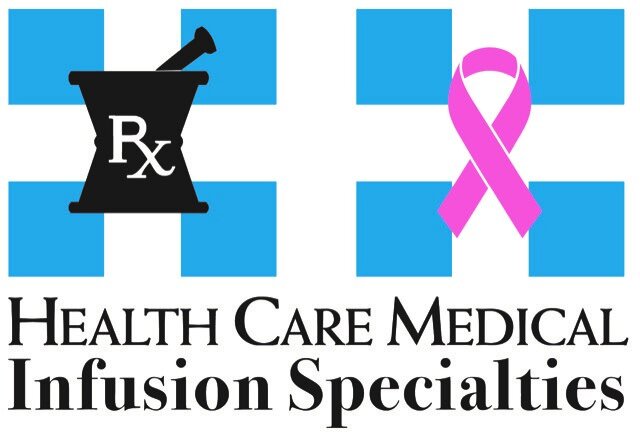Treating Multiple Sclerosis (MS) with Infusion Therapy
Multiple Sclerosis (MS) is an autoimmune condition that affects approximately 400,000 people in the United States and onset is usually during young adulthood. There are three types of MS, of which relapsing remitting is the most common. The others include secondary progressive multiple sclerosis, and primary progressive multiple sclerosis.
Types of MS
Relapsing Remitting MS (RRMS) - characterized by clearly defined attacks of new or increasing neurologic symptoms. These attacks – also called relapses or exacerbations – are followed by periods of partial or complete recovery (remissions). During remissions, all symptoms may disappear, or some symptoms may continue and become permanent. However, there is no apparent progression of the disease during the periods of remission.
Secondary Progressive MS (SPMS) – SPMS follows an initial relapsing – remitting course. Some people who are diagnosed with RRMS will eventually transition to a secondary progressive course in which there is a progressive worsending of neurologic function (accumulation of disability) over time.
Primary Progressive MS (PPMS) - PPMS is characterized by worsening neurologic function (accumulation of disability) from the onset of symptoms, without early relapses or remissions.[1]
What is MS?
MS occurs when the immune system eats away at the protective covering of the nerves. This disease process causes nerve damage and disturbs the communication between the brain and the body. Symptoms may include vision loss, pain, fatigue, and impaired coordination. The severity of symptoms and how long they last vary. Many people go on for years with a diagnosis and no symptoms. Some have chronic symptoms that never dissipate. In addition to physical therapy, medications that suppress the immune system such as biologic infusion therapy, can help slow disease progression and improve symptoms.
Biologic infusion therapies for MS utilize a mechanism of action that targets the reduction of inflammation in the immune system. By reducing this inflammation, symptoms may decrease, and remission may be induced. Each biologic therapy works in its own unique way. Talk to your physician about the biologic therapy that may work best for your specific type of MS. Infusion frequency will depend on the type of treatment your physician prescribes, but rest assured, we will make every visit to our infusion suites as comfortable and enjoyable as possible.
About Health Care Medical Infusion Specialties
[1] https://www.nationalmssociety.org/What-is-MS/Types-of-MS, Accessed 11/15/22
